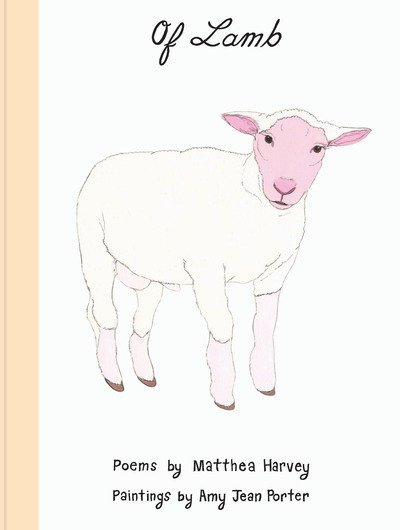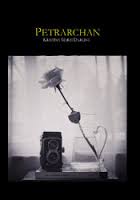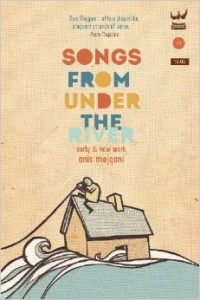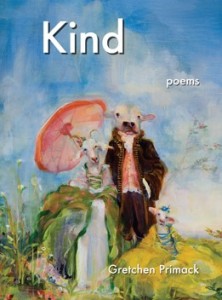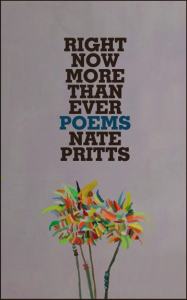Original poems and found images
~by Mia Sara
Mid Life With Gorilla
At the annual Halloween parade for grades K-6, camera poised,
in the glare of what passes for Autumn in Southern California,
waiting for my daughter, in her gorilla suit, to round the corner,
when that come-hither mommy, the one with four-children-and
-counting, sidles up behind me to whisper in my ear,
“You’ll miss this one day,” as I am squinting into the sun, neck
sweating, feet itching, thinking,
“But what if I don’t?”
What if I am stuck here at the corner of Moorpark and Elmer,
nodding my head, smiling. Trying not to worry about my girl,
in all that synthetic fur, passing out from heat stroke? Trying not
to feel annoyed with how long this is taking. Trying not to think
about what I might have been doing, had I not been here, exposed.
And If I don’t miss this, have I missed the boat? I was living life
at sea level, but now, the water’s rising. Where’s that ivory tower,
now that I could use it? Now that youth and beauty, and other rough
devotions, are sinking, along with yesterdays missing homework
and the Kodak moment?
Is this the middle, or the end of the beginning? The beginning of
the end of the glad-handing? The diapers, and bloodstains, and crayons,
melted at the bottom of the bag? The time before the time you have
to remember the things you didn’t even know you wanted?
Have I left my gorilla too long in the sun?
I still want the shot. Proof I was here, standing on the solid earth,
dry beneath my callused feet. I want a lifeboat, a lodestar, a shiny
brass compass. Can I navigate by ape, the way back home from school?
I shift my weight, and spot her. Low to the ground, hobbling. Panting.
On knuckles and knees, pausing, she rears up, beats her chest, roaring.
I focus my lens, framing the picture, and I take it.

***
Mia Sara is an actress and poet living in Los Angeles. Her work has been published or is forthcoming in poemmemoirstory, Pembroke Magazine, The Write Room, PANK, Cultural Weekly, The Kit Kat Review, Forge, The Dirty Napkin, St. Ann’s Review, among others. For more please visit: http://wheretofindmiasara.tumblr.com/
![[PANK]](https://pankmagazine.com/wp-content/themes/pank/assets/images/pank-logo-large.png)


